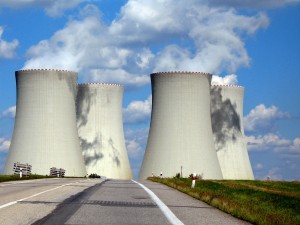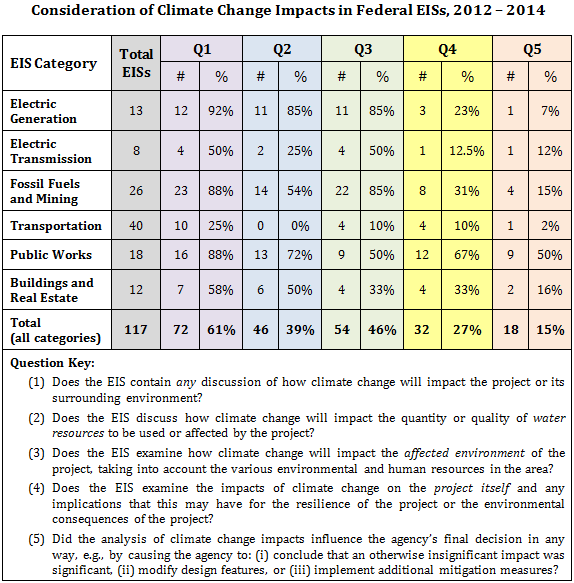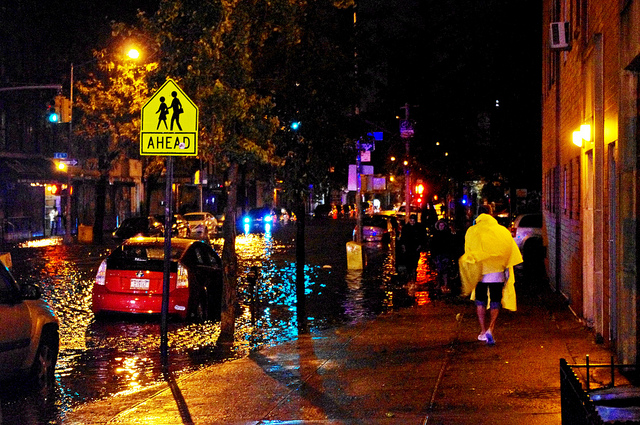Jennifer M. Klein, Esq.
Associate Director & Fellow
Th e Nuclear Regulatory Commission (NRC) recently finalized a rule regarding the storage of highly radioactive spent nuclear fuel at individual power plants beyond the duration of each plant’s operating license. The NRC’s Final Generic Environmental Impact Statement (GEIS) for the rule addressed potential climate change impacts during the time that spent fuel will be stored. Specifically, the GEIS cited sea level rise data from the 2014 National Climate Assessment, concluding that “no U.S. nuclear power plant (operational or decommissioned) will be underwater solely because of sea level rise before 2100.”
e Nuclear Regulatory Commission (NRC) recently finalized a rule regarding the storage of highly radioactive spent nuclear fuel at individual power plants beyond the duration of each plant’s operating license. The NRC’s Final Generic Environmental Impact Statement (GEIS) for the rule addressed potential climate change impacts during the time that spent fuel will be stored. Specifically, the GEIS cited sea level rise data from the 2014 National Climate Assessment, concluding that “no U.S. nuclear power plant (operational or decommissioned) will be underwater solely because of sea level rise before 2100.”
Last December, the Sabin Center for Climate Change Law (SCCCL) submitted comments on the Draft GEIS. SCCCL’s comments focused on the NRC’s failure to analyze the effect of future climate conditions on nuclear waste storage facilities. SCCCL argued that the Draft GEIS relied on dated sources that did not account for uncertainty in sea level rise projections, and SCCCL pointed to the National Climate Assessment as a more reliable source of data. The NRC’s use of this data is an example of how data concerning future climate conditions can be used during the environmental impact review process to inform important government decisions.




